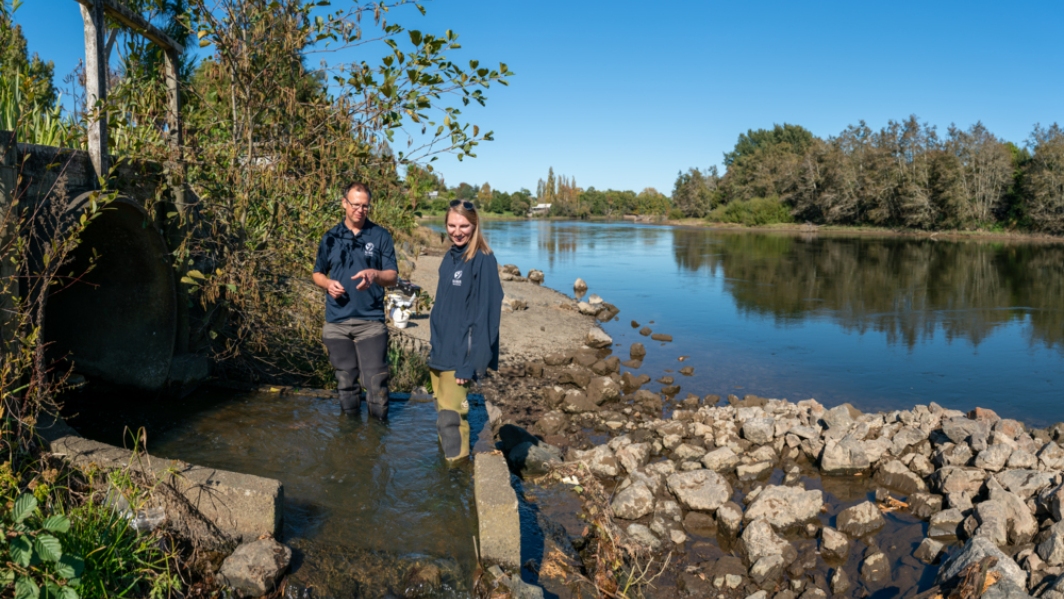-

Freshwater mitigation systems
Effective systems to manage contaminant losses -
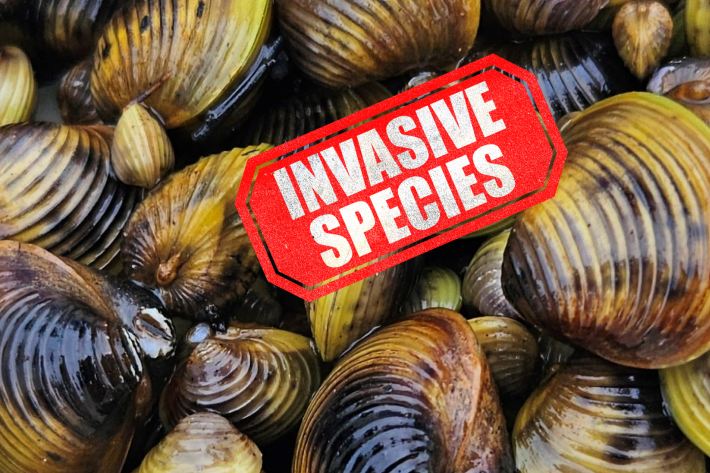
Stopping the gold clam: it's now or never
A NIWA-led programme to develop effective, and culturally-attuned strategies for managing the freshwater gold clam. -
Fish Passage
Understanding and supporting the migration of fish through New Zealand's freshwater habitats. -

River flow forecasting
Research ProjectNIWA is developing a national river flow forecasting tool for New Zealand that aims to support and strengthen our planning for and response to extreme rainfall events. -
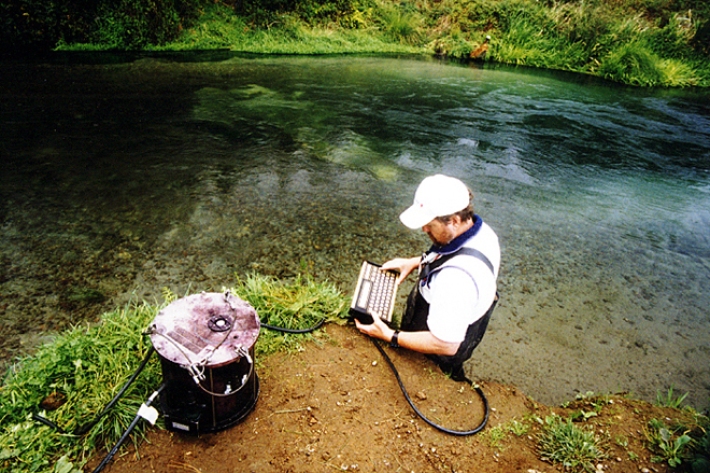
Freshwater Ecological monitoring
We offer a range of ecological monitoring tools. -
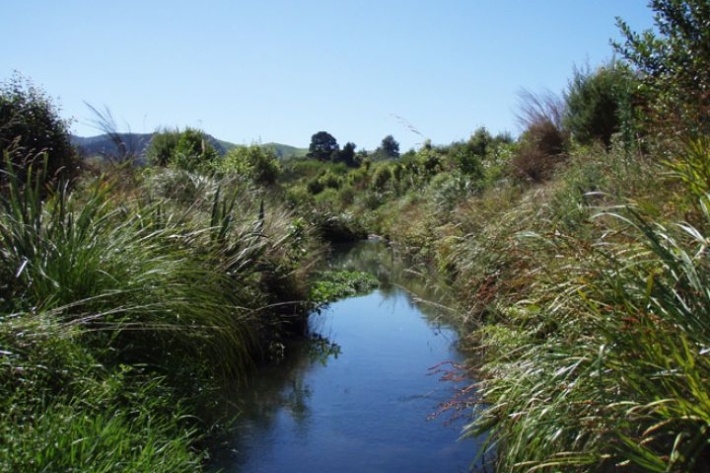
Restoration of aquatic ecosystems
Research ProjectThis project aims to increase our knowledge of aquatic ecosystems and their restoration, and apply this to degraded streams, rivers, lakes and estuaries. -
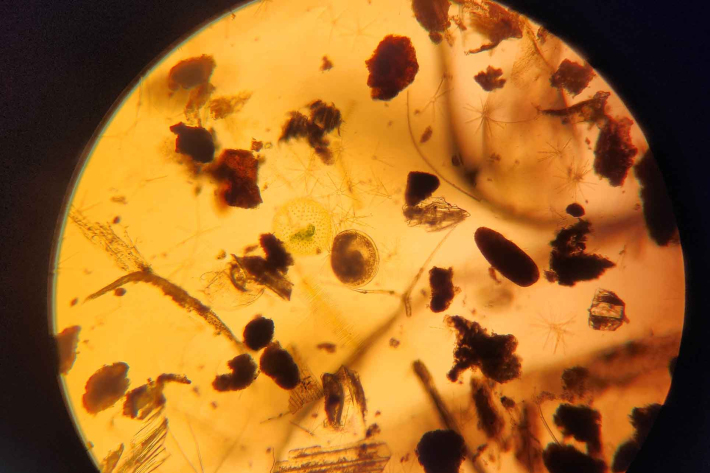
Stopping the gold clam: Programme updates
Publication seriesTo keep you informed on our research, tools and resources we have launched our regular e-newsletter update. -
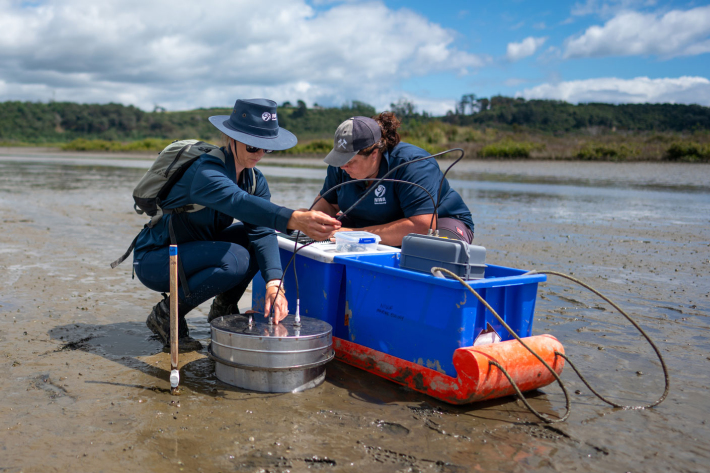
Degraded estuaries feel the heat
Media release11 December 2025Degraded estuaries are less resilient to the impacts of heatwaves, new research from Earth Sciences New Zealand shows. -
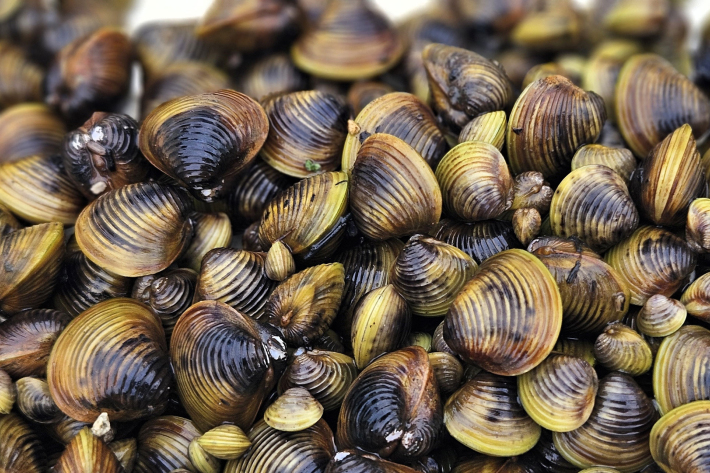
It’s breeding season for invasive clam
Media release20 November 2025Earth Science NZ researchers are seeing signs that the breeding season for the invasive freshwater gold clam (Corbicula fluminea) has begun. -
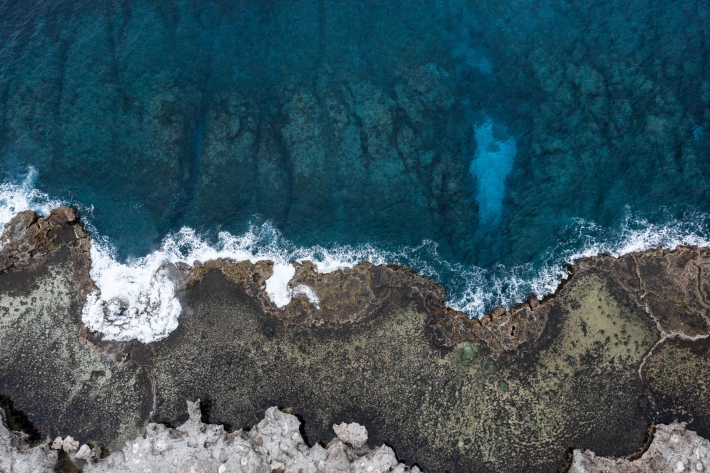
Sensors, science and sea change: tackling ocean acidification together
News article01 November 2025Experts met at Solomon Islands National University to learn hands-on monitoring techniques for ocean acidification. -
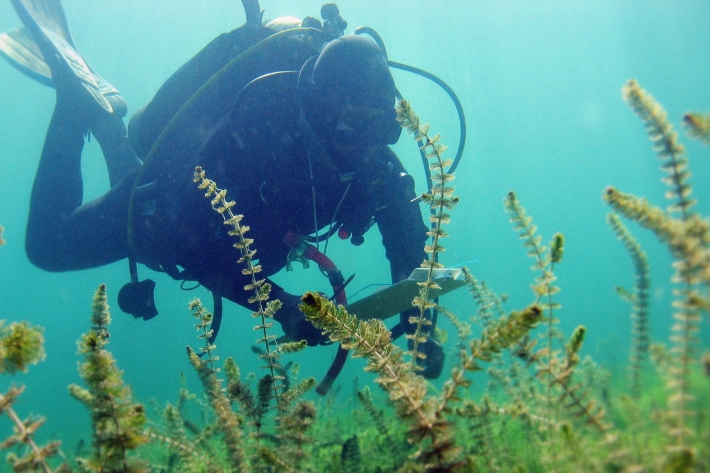
Earth Sciences NZ staff profile: Aleki Taumoepeau
News article01 November 2025Aleki Taumoepeau is an Aquatic Biology Technician specialising in freshwater biosecurity and aquatic plant ecology. -
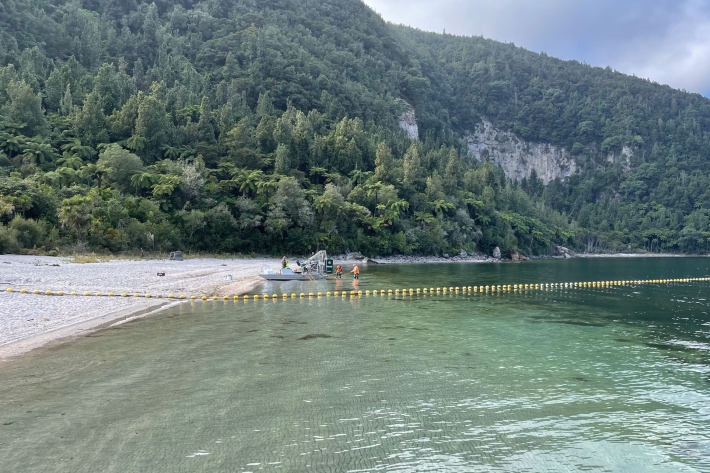
Endothall
Endothall (Endothall dipotassium) is a herbicide (chemical) that has been registered for the control of freshwater submerged (underwater) weeds in New Zealand.

